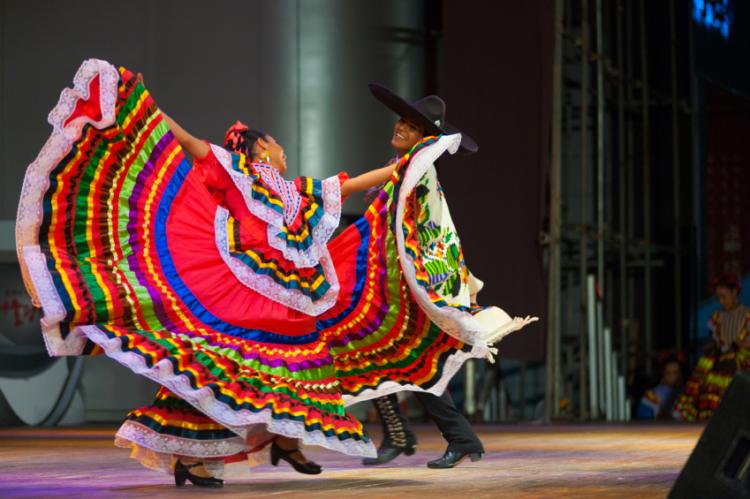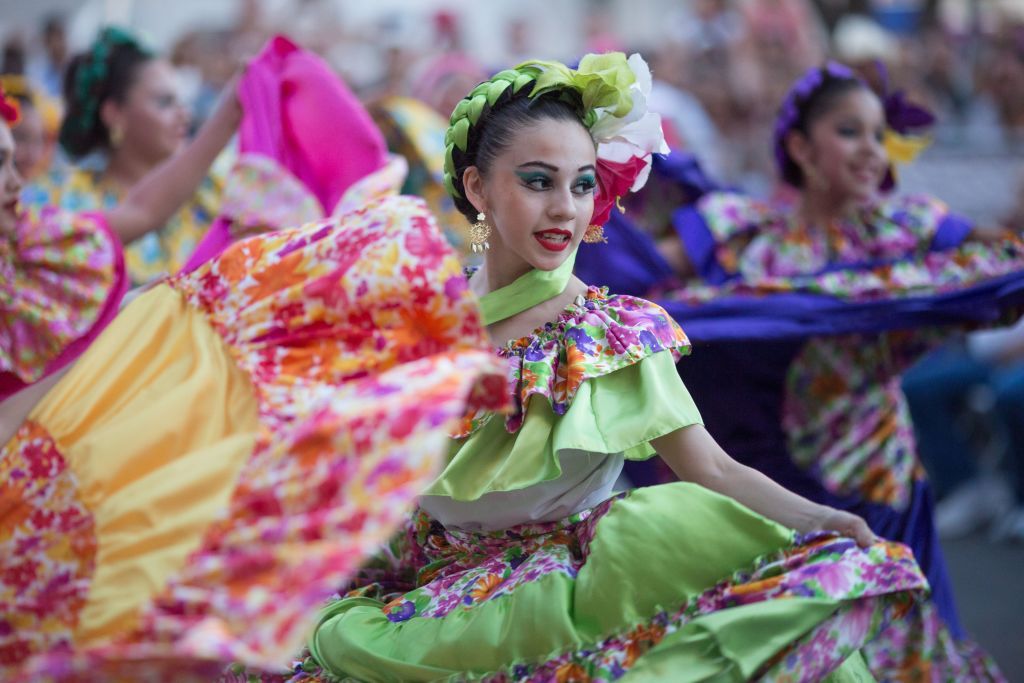Cinco de Mayo transcends its portrayal as merely a day of drinking and revelry, encapsulating a profound history and cultural significance deeply rooted in Mexican heritage. Commemorated annually on May 5, the occasion commemorates Mexico’s victory over the Second French Empire at the Battle of Puebla in 1862, exemplifying resilience and national pride. While the holiday has gained immense popularity in the United States, particularly among individuals of Mexican American descent, its origins and historical context continue to shape its observance.

Origin & Significance of the Event
Originating more than 50 years after Mexico’s independence from Spanish rule, Cinco de Mayo emerged as a symbol of resistance during the French invasion led by Napoleon III. The decisive triumph of Mexican forces against a larger French army at the Battle of Puebla galvanized the nation and prompted President Benito Juárez to proclaim May 5 as a national holiday. This historic event not only thwarted French ambitions but also played a consequential role in shaping the trajectory of the American Civil War by depriving the Confederacy of potential foreign support.
Evoking a Deeper Understanding of Culture & History
Amidst the festivities and cultural celebrations, Cinco de Mayo serves as a poignant reminder of Chicanx history and the enduring contributions of Mexican Americans to the fabric of American society. Professor Mario García underscores the importance of recognizing Cinco de Mayo beyond its superficial portrayal, advocating for a deeper understanding of its historical significance and relevance to contemporary issues. As part of the Chicano Movement of the 1960s and 1970s, Cinco de Mayo became emblematic of resistance and solidarity, intertwining the struggle for civil rights with cultural pride.
A Big Day for Marketing & Branding
Despite its commercialization, with companies capitalizing on the holiday for marketing purposes, Cinco de Mayo remains a pivotal moment for celebrating Mexican American identity and heritage. From vibrant parades and folkloric performances to culinary delights and cultural exhibitions, cities across the United States come alive with festivities honoring Mexican culture. Locations like San Diego, Denver, St. Paul, San Antonio, Chicago, and Los Angeles host diverse events ranging from community parades to music festivals, providing opportunities for individuals of all backgrounds to partake in the festivities and embrace the spirit of unity and inclusivity.

As Cinco de Mayo continues to evolve and resonate with diverse audiences, it serves as a testament to the enduring legacy of Mexican heritage and the indomitable spirit of those who champion cultural pride and solidarity. Amidst the revelry and camaraderie, it is imperative to honor the historical significance of the holiday and reflect on its profound implications for contemporary society.
